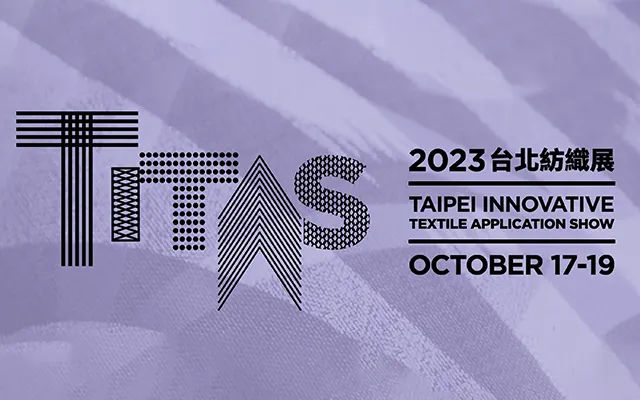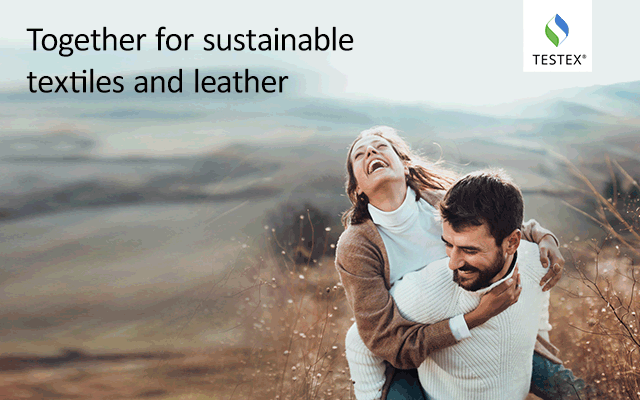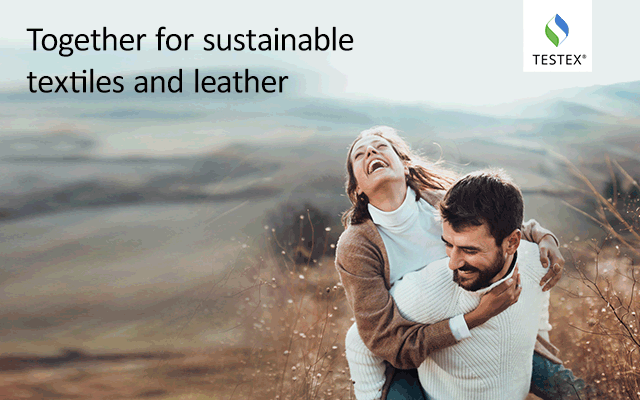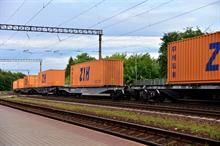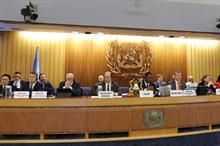UK power & industrial sectors set to lead decarbonisation efforts
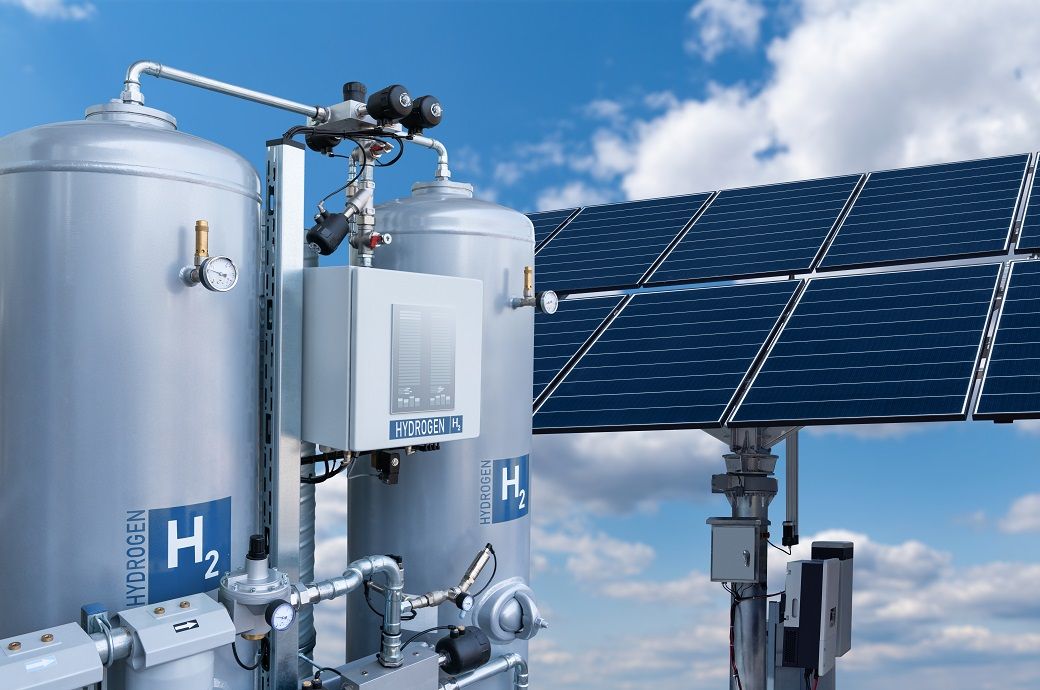
Insights
- The power and industrial sectors in the UK will lead decarbonisation efforts with tighter emissions caps.
- Industries must reduce emissions to achieve net-zero targets.
- Additional allowances and extended coverage to maritime transport and waste sectors will support the transition.
- Free carbon allowances for aviation will be phased out by 2026.
The UK Emissions Trading Scheme Authority (UK ETS), composed of the UK Government, Scottish Government, Welsh Government, and the department of agriculture, environment, and rural affairs in Northern Ireland, has announced a package of reforms to further enhance the existing scheme.
Starting next year, industries covered by the scheme will be required to reduce their emissions at a pace aligned with the country's net-zero targets. This sends a clear message to industries to invest in long-term decarbonisation efforts, maintaining the UK's leading position in cutting carbon emissions, the government of UK said in a media release.
To facilitate this transition, the emissions cap will be set at the highest level proposed, providing flexibility for industries. Additional allowances will also be introduced into the market between 2024 and 2027, and the current levels of free allocation of allowances for industry will be guaranteed until 2026 to protect them from international pressures.
Moreover, the UK ETS will be extended to cover additional sectors. Domestic maritime transport will be included from 2026, while waste incineration and the energy-from-waste sector will be included from 2028. These expansions aim to encourage companies in these sectors to reduce their emissions and invest in cleaner alternatives.
In line with efforts to decarbonise the aviation industry, the UK ETS Authority has decided to phase out free carbon allowances for aviation in 2026. This decision is based on the minimal risk of carbon leakage, as aviation emissions are unlikely to be displaced as a result of the UK ETS. Aircraft operators will be required to purchase allowances for every tonne of carbon emitted under the scheme. The transition will be eased by continuing the planned free allocation entitlement until 2026.
Furthermore, the UK ETS Authority has recognised the importance of Greenhouse Gas Removal (GGR) technologies for meeting net-zero targets. GGR technologies, such as Direct Air Capture, which extract carbon emissions from the atmosphere and store them underground, will be supported through the UK ETS. Additionally, the inclusion of high-quality nature-based GGRs in the market will be further considered.
The UK ETS was launched in 2021 as a replacement for the UK's participation in the EU Emissions Trading Scheme. It operates by setting limits on greenhouse gas emissions and allowing companies to buy and sell emissions allowances. Unused allowances can be sold by companies that successfully reduce their emissions.
To further support emission reductions, the UK government has allocated over £500 million through the Industrial Energy Transformation Fund (IETF) and Scottish IETF to help industries reduce their emissions and energy bills. Additionally, the government has recently announced £80 million in funding to drive the adoption of cleaner energy sources, such as hydrogen and biomass, aiming to reduce overall UK energy demand by 15 per cent by 2030 and enhance energy independence.
Fibre2Fashion News Desk (KD)
Leave your Comments
Esteemed Clients


-Ltd..jpg?tr=w-120,h-60,c-at_max,cm-pad_resize,bg-ffffff)





.jpg?tr=w-120,h-60,c-at_max,cm-pad_resize,bg-ffffff)
.jpg?tr=w-120,h-60,c-at_max,cm-pad_resize,bg-ffffff)























